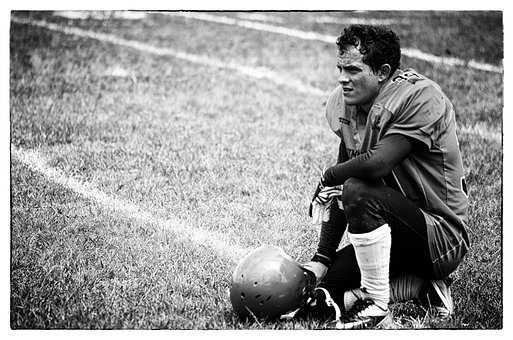How we perceive failure
We see mistakes and failure as shameful things. And we usually identify with them:
If I fail a test, then I am a failure. If I make a mistake then I am a mistake.
594
2.48K reads
CURATED FROM
IDEAS CURATED BY
The idea is part of this collection:
Learn more about personaldevelopment with this collection
Cultivating a growth mindset and embracing challenges
Developing adaptive thinking and problem-solving skills
Effective learning frameworks and approaches
Related collections
Similar ideas to How we perceive failure
Failure
Success is sought after by most, while failure is looked down upon, even seen as something shameful.
More than success, it is our failures, errors and rejections that provide us with better learnings, and pathways towards eventual success, if we study them.
Failure
Driven people hate failure, even though failure is inevitable. You do not become a successful leader without having experienced failure along the way.
When you make mistakes, own them and let the team know what you are going to do to fix them.
Fear Of Failure
Many see failure as proof that our effort meant nothing. But failure is a feedback system and gives you the opportunity to fix things, reflect, and grow for the next time.
When you fail, take a step back, look at the events that led to it, try to find the lesson in the failure and ac...
Read & Learn
20x Faster
without
deepstash
with
deepstash
with
deepstash
Personalized microlearning
—
100+ Learning Journeys
—
Access to 200,000+ ideas
—
Access to the mobile app
—
Unlimited idea saving
—
—
Unlimited history
—
—
Unlimited listening to ideas
—
—
Downloading & offline access
—
—
Supercharge your mind with one idea per day
Enter your email and spend 1 minute every day to learn something new.
I agree to receive email updates



